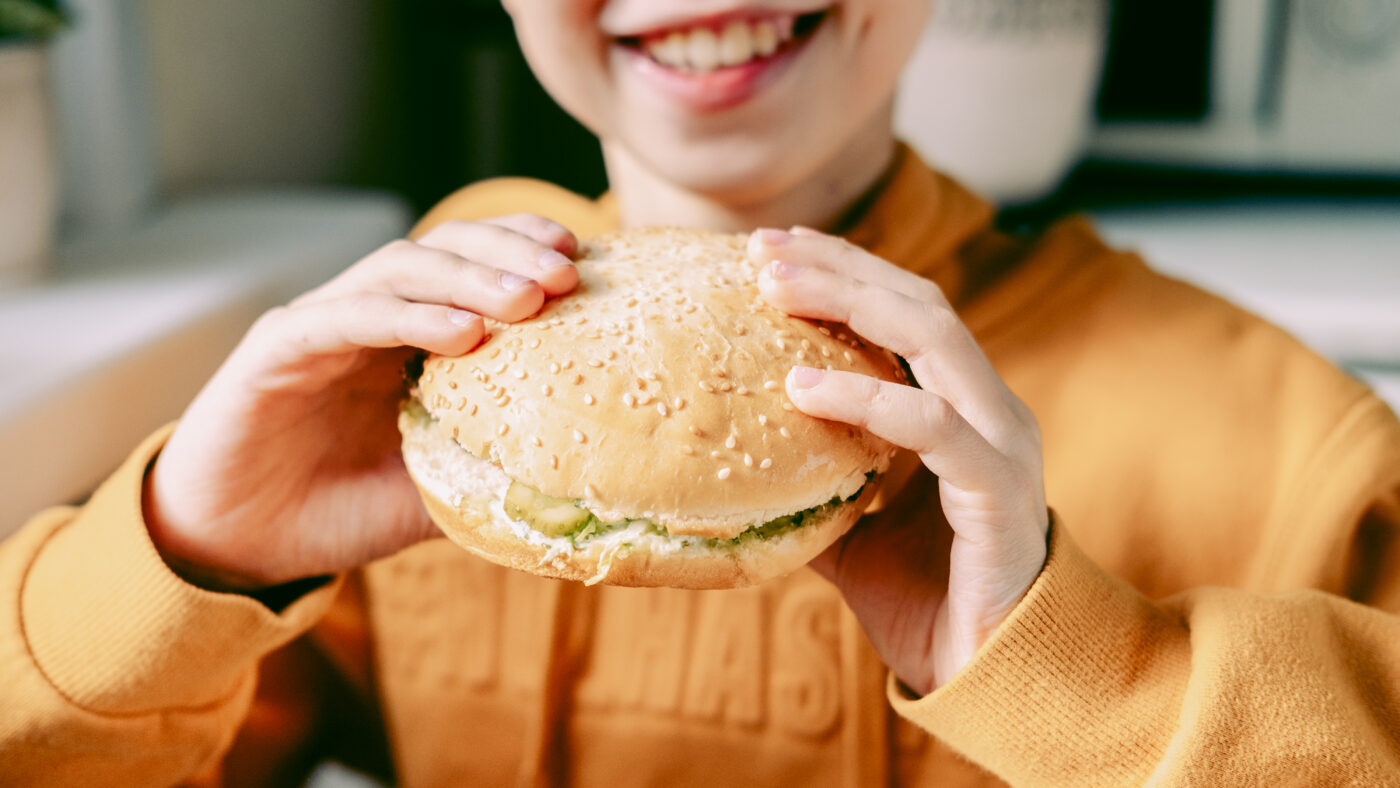‘Won’t somebody PLEASE think of the children?’ From gambling to smoking or alcohol, public health lobbyists consistently use the threat of harm to young people to make the case for prohibitionist policies. But how much evidence is there that adult vices are bad for children?
Let’s start with gambling. In a 2018 study into the gambling participation of 11-16 year olds, it was revealed that 450,000 young people had gambled in the past week, ‘more than those who have taken drugs, smoked, or drunk alcohol.’ However, a cursory glance at the calculations shows that, of the 14% (when adjusted to population) who gamble regularly, 3% of that includes children playing cards in the playground. Although wryly amusing, this hyperbole costs the NHS significant sums; seven new gambling addiction clinics were opened in the UK in 2023, despite the fact the rate of problem gambling has remained stably low at 0.3% for over a decade.
We see a similar stance on smoking. The Prime Minister’s generational ban on the sale of cigarettes treats smoking as though it were a societal risk, despite the fact that smoking is on a sharp decline. Indeed, a study in The Lancet reveals that childrens’ exposure to second hand smoke has dropped by 90% since 1998. Yet we are willing to lose up to £10.4bn in tax revenue on a product of individual choice, and instead hand it over to the criminal black market. In fact, the biggest fall in smoking rates between 2010-2020 is not down to government intervention, but innovation and free markets: vape shops and vape advocates persuading smokers to switch to a less harmful product at a cost of zero to the taxpayer.
But the illogicality of public health zealots doesn’t stop there, the supposed scourge of childhood obesity is also in their crosshairs. According to 2021 figures, a staggering 45% of all boys at the end of primary school are considered to be overweight. As a parent of three, I was deeply concerned by this. But if you dig a little deeper, it quickly becomes clear that the figures used are deeply flawed, and have been for some time.
This obsession with hypersensitive medicalisation hasn’t happened in a vacuum. The Public Health Act of 1848 was brought into law following the cholera epidemic in the same year, and this involved setting up local boards responsible for improving sanitation. This seems a relatively sensible endeavour, except now, public health has morphed into an industry, bankrolled in its millions by those whose intellectual starting point is that harm is omnipresent, and that it is the role of the state to remove it. Local authorities spend over £3.5bn on public health campaigns every year. Despite these eye-watering sums, there is often no meaningful metric for success. For example, an updated study looking at the effect of the sugar tax on sugar consumption found the impact to be a reduction of 8g per household per week, which is approximately the equivalent of a heaped teaspoon, an amount so infinitesimal it’s almost statistically impossible to pin it to a levy on soft drinks.
A recent instance of such hefty research funds, often taken either from the taxpayer or out of company profits, is the new statutory levy introduced in the Government’s Gambling White Paper, which will see an additional £100m funnelled into gambling harms research. These investigations are typically designed with a flagrant disregard to the principles of scientific inquiry, in that they begin with a clear objective to find data to confirm their theory. It seems rather obvious that if your research is examining gambling harm, you are almost certainly going to find gambling harm. Indeed, the surveys which find inflated levels of gambling harm are frequently delivered in an online format, which even the Gambling Commission (the industry’s regulator) acknowledges creates a selection bias, in that those engaged in gambling online are more likely to respond to online surveys. It does not stop them, however, from using data extracted from those studies to inform their official statistics and inflame fears that harm is on the rise.
In a post-pandemic era, we live in a world where nearly everything is pathologised, and therefore commands medical resources. I recently discovered entries into the American Journal of Psychiatry are decided upon in perhaps the most unscientific way feasible: by a show of hands. As a result, there is one entry in this prestigious publication for ‘school avoidance syndrome’, otherwise known as truancy. Imagine if we diagnosed the 125,000 lost children of Covid as having ‘school avoidance syndrome’, and we gave them therapy instead of acknowledging the real problem, which was the knee-jerk instinct of our policymakers to call for harsher lockdowns.
This quasi-scientific but alarmist research is symptomatic of the grip public health has on our NHS. Using data riddled with selection bias allows you to expand the definition of what harm means, or reduce the clinical classification for conditions like obesity, and thereby demand more money for intervention.
The state taking control of every vestige of our health means legitimate, targeted, and often cheaper methods are squeezed out. It seems a ludicrous act of self-sabotage that Scotland would turn its back on proven clinical methods in treating alcoholism like Alcoholics Anonymous, and instead opt for a minimum alcohol pricing policy that has seen alcohol-related deaths soar to a 14 year high, just to be seen to be doing something.
As we saw with Covid, exaggerated threats to children are deployed by public health activists to demand ever more state overreach and ever more money to pay for it. Ultimately, this exercise in manufacturing crises harms the very people it’s supposed to be protecting.
Click here to subscribe to our daily briefing – the best pieces from CapX and across the web.
CapX depends on the generosity of its readers. If you value what we do, please consider making a donation.


